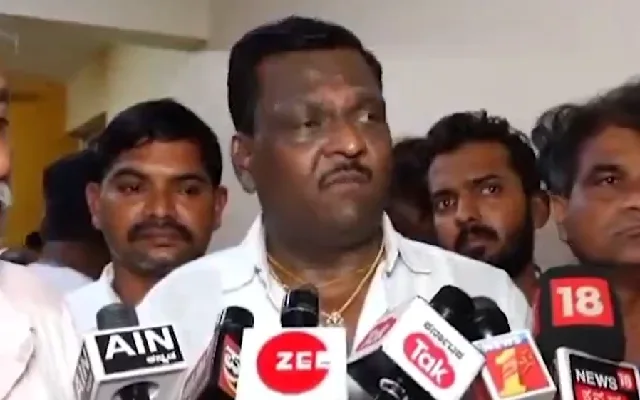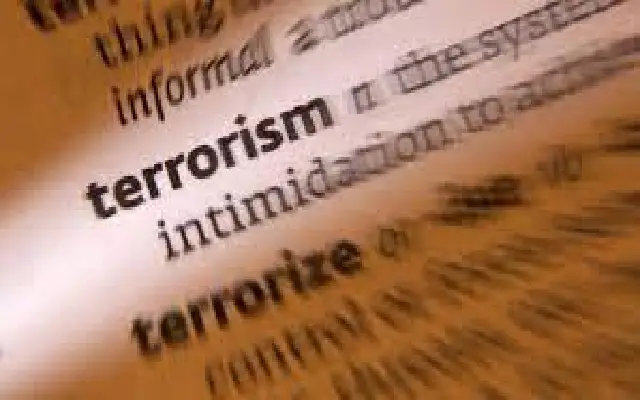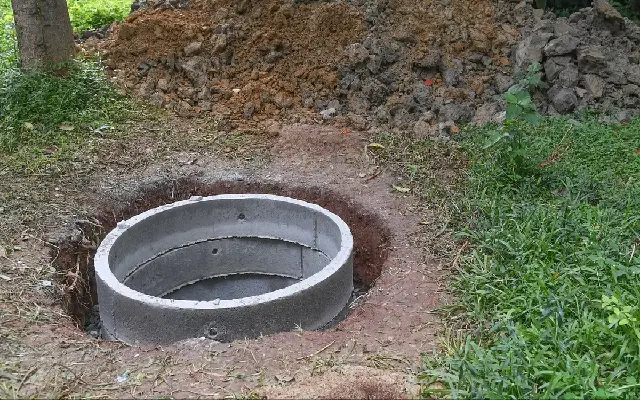Anil Bokil, founding member of Arthakranthi (economic revolution), an NGO striving for correction of Indian economy is the man who shot to fame after his proposals were accepted by the then Gujarath Chief Minister Narendra Modi and BJP’s nominee for prime ministership in 2013. Team Newskarnataka caught up with the engineer turned economist in the limelight post demonetisation,during his short visit to Mangaluru. Here are excerpts from Anil Bokil’s reaction on wide range of economic issues and on Arthkranthi movement.
 Did the Government not accept your views in total on demonetisation?
Did the Government not accept your views in total on demonetisation?
Well, we had offered a 5-point capsule (total solution) to remove the ills in the Indian economy and wanted tax abolition and demonetisation to go on simultaneously. Tax abolition in our terms is the anaesthesia and demonetisation, the subsequent operation. But the government went ahead with the major surgery first without administering anaesthesia.
Are you happy with the outcome of demonetisation?
Currency worth Rs 18 Trillion (lakh crores) was in circulation (CIC), which is the sum of currency with the public (Rs 15.44 Lakh Crore) and cash with banks (Rs 2.5 Lakh Crores) totalling to almost Rs 18 Lakh Crores and now only Rs 12 Lakh Crores is in circulation wiping away Rs 6 Crore from the system comprising counterfeit and black/unaccounted money. The economy is on a smooth curve after minor hiccups,which is a real healthy trend.
(It may be recalled that the last official statement by the deputy governor of RBI on December 13, said Rs 12.44 Lakh Crore of the old Rs 500 and Rs 1000 notes (‘invalid notes’) had been received by the RBI or in currency chests. Subsequently, ,Bloomberg news service had reported that nearly 97 percent of the outlawed Rs 500 and Rs 1,000 notes had been deposited with banks as on December 30.)
What do you have to say on the immediate political implications?
The huge defeat suffered by the SP and BSP in the recent Assembly polls clearly indicate that they did not have sufficient financial resources to play with like in the past and even Shivsena suffered setbacks in Mumbai civic polls on similar grounds. If you go across the border, in our neighbouring country Nepal, where Indian currency is valid, is in total turmoil post demonetisation because China and Pakistan had pumped in huge value of counterfeit Indian currency into their financial system.
What’s your take on the introduction of high denomination Rs 2000 notes?
When government took off 86 percent of the currency, it had no other option to fill the void and had to resort to high denomination notes to avoid public backlash. Indian people showed a lot of maturity but media failed to drive the point home as it could not understand the nuances behind the move. The government will ultimately withdraw Rs 2000 currency gradually leaving behind small denomination notes as the high denomination currency introduction is more a stop gap arrangement.
Did the present day government infringe on the autonomy of RBI by ‘compelling it to accept’ demonetisation?
Not really, none complained as the bill related to 1970’s demonetisation is active and accordingly the government went ahead. In addition, RBI could have moved Supreme Court to safeguard its interests, in case it had few reservations. RBI as an institution is not answerable to finance ministry but parliament. However, it does have the freedom akin to the Federal Bank in US.
What do you have to say about GDP growth of 7% against targeted 7.3% for the quarter ending, Dec 2016 and on PM Modi taking a swipe at economists and intellectuals?
Most economic pundits and global rating agencies were proved wrong and had to take back their words after the country posted healthy GDP growth rate in the midst of demonetisation. In fact, PM’s statement that hard work is much more powerful than Harvard had more political overtones and nothing else.
(It may be recalled, India GDP beat left economists confused but former finance minister Chidambaram had said ‘it is too early to celebrate’)
How has been the public response to the Arthakranthi movement?
The people are keen to know more about our apolitical movement after demonetisation. Response has been very positive from the media in Australia and UAE. Even a country like Pakistan is thinking of incorporating our solutions into their system. We were overjoyed when we found an ordinary citizen in Telangana brought out a video to promote Arthakranthi’s solutions. Stacy Smith, a journalist with American Public Radio, earlier associated with NYT is keen to know about our economic solutions and is likely to visit India shortly, only for this purpose. Global media is now focussing on Arthakranthi and people are definitely assimilating our actions.
What is your take on the state of Indian economy?
We have taken over from what British left. India is a demand pool for the world and its economy cannot be compared with Chinese, which is supply driven. We have to reorient our economy to suit for strengths and not work on weaknesses, which has been the trend till now. With a huge population comprising youth, diverse culture, abundant natural resources, compassionate attitude, closely knit family culture, we have to enhance the buying power of Indian citizen. Our finance is weak but our economy is strong, where we fail to generate jobs for our youth when global powers are busy designing robots with youth missing in their population. When we give buying power to a minimum of 30 percent of our population the real economic growth can be witnessed.
Can you elaborate on the current policy on Banking Transaction Tax ( BTT)?
Goods and Service Tax (GST) which the government plans to introduce is comparatively a better option to the existing tax structure but BTT will overtake GST on all counts. We look forward to cooperation from media to promote BTT on a war footing without which the process would remain incomplete. Media and all those concerned can validate the accuracy of BTT using available data and join hands to promote it.
Can you share your experience on your meeting with Narendra Modi in 2013?
I walked in with a proposal offering economic solutions to the then Chief Minister of Gujarat who was nominated for PM’s post by the BJP. Deeply impressed, he assured of implementing our proposals after listening to our presentation. Opening of Jandhan accounts and demonetisation are fallout of that meeting and the process has to go on.
About Arthakranthi
Arthakranthi, a Pune based NGO through its 5 points agenda believes it could lead India to a principled, prosperous and peaceful living. It aims at removing corruption, caste discrimination, unemployment, poverty and inequality and stop farmers’ suicides to empower India through economic literacy and transparency.
Athakranthi proposals include:
1. Withdrawal of all existing taxes.
2. Introduction of Banking Transaction Tax ( BTT) for government revenue.
3. Withdrawal of all higher denomination notes exceeding Rs 50.
4. No legal protection to cash transactions above a certain amount, say Rs 2000.
5. Cash transactions without attracting tax.


















